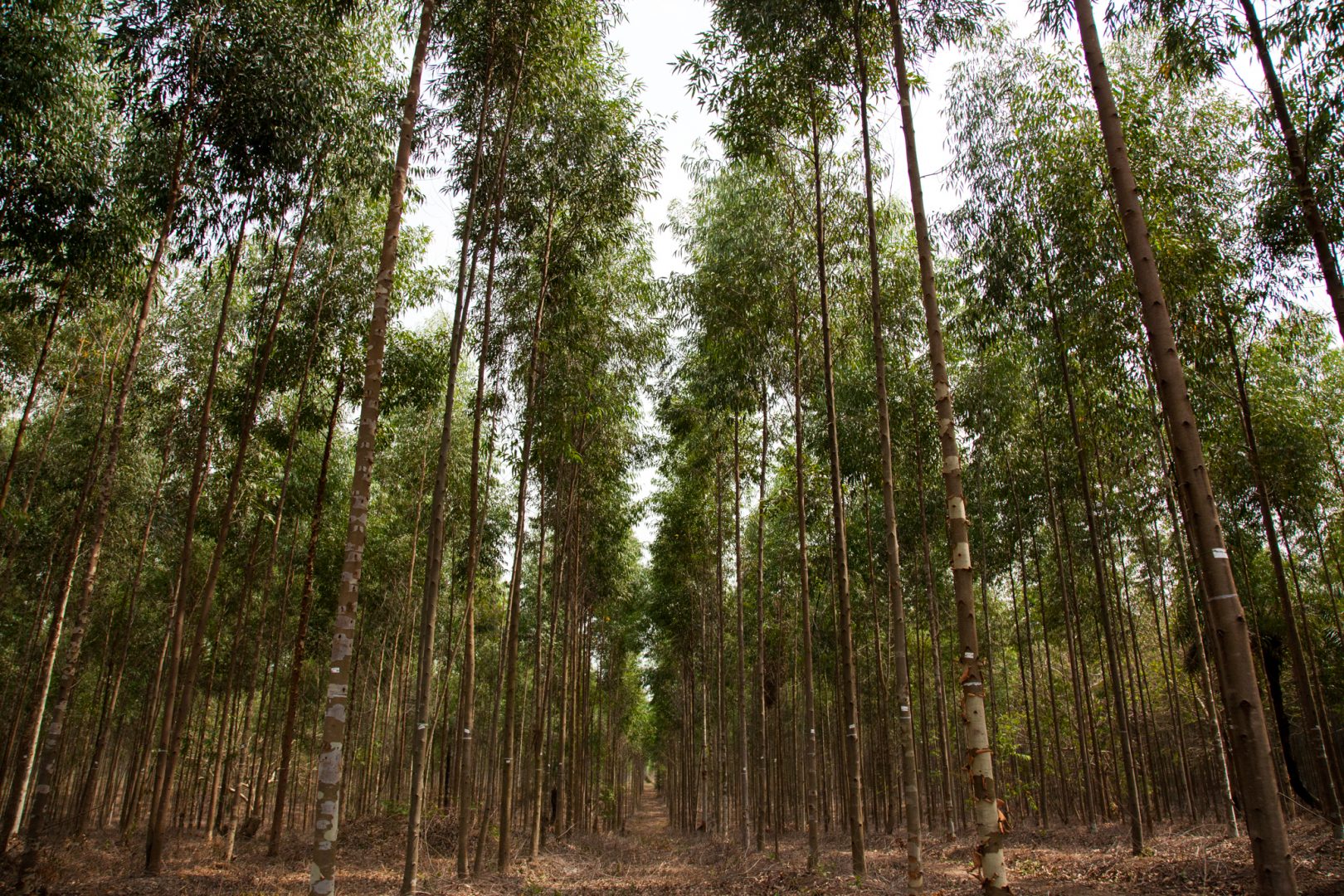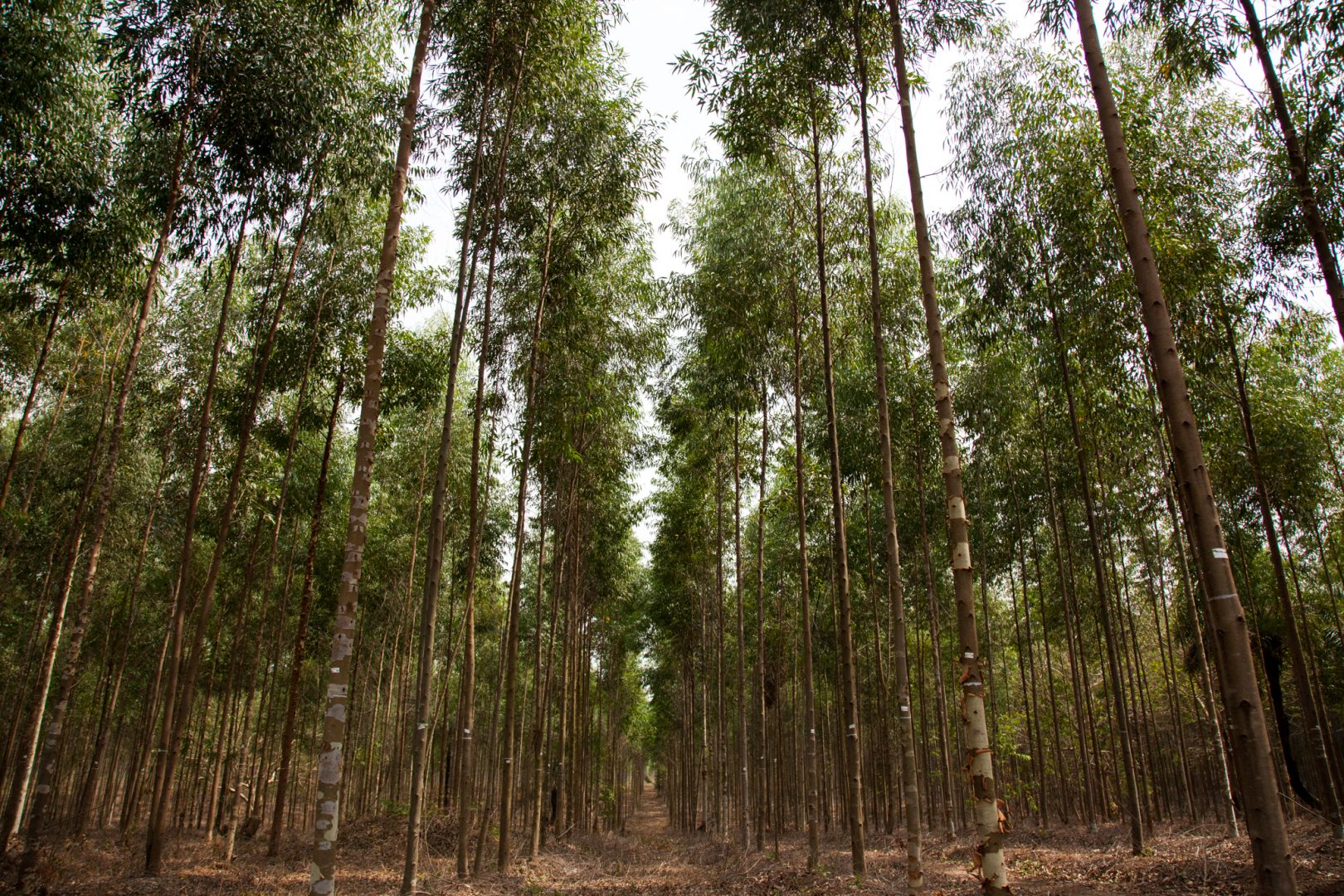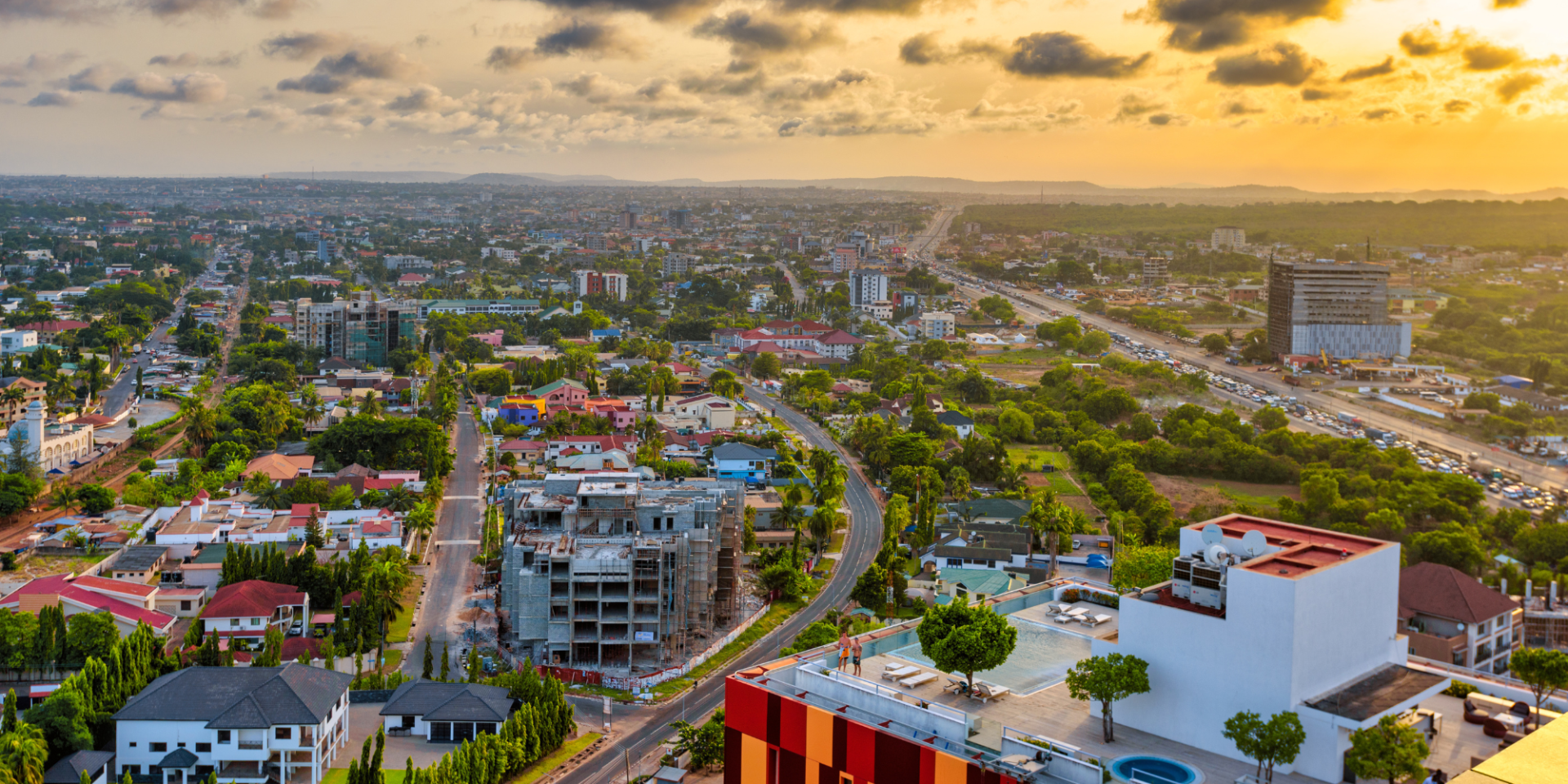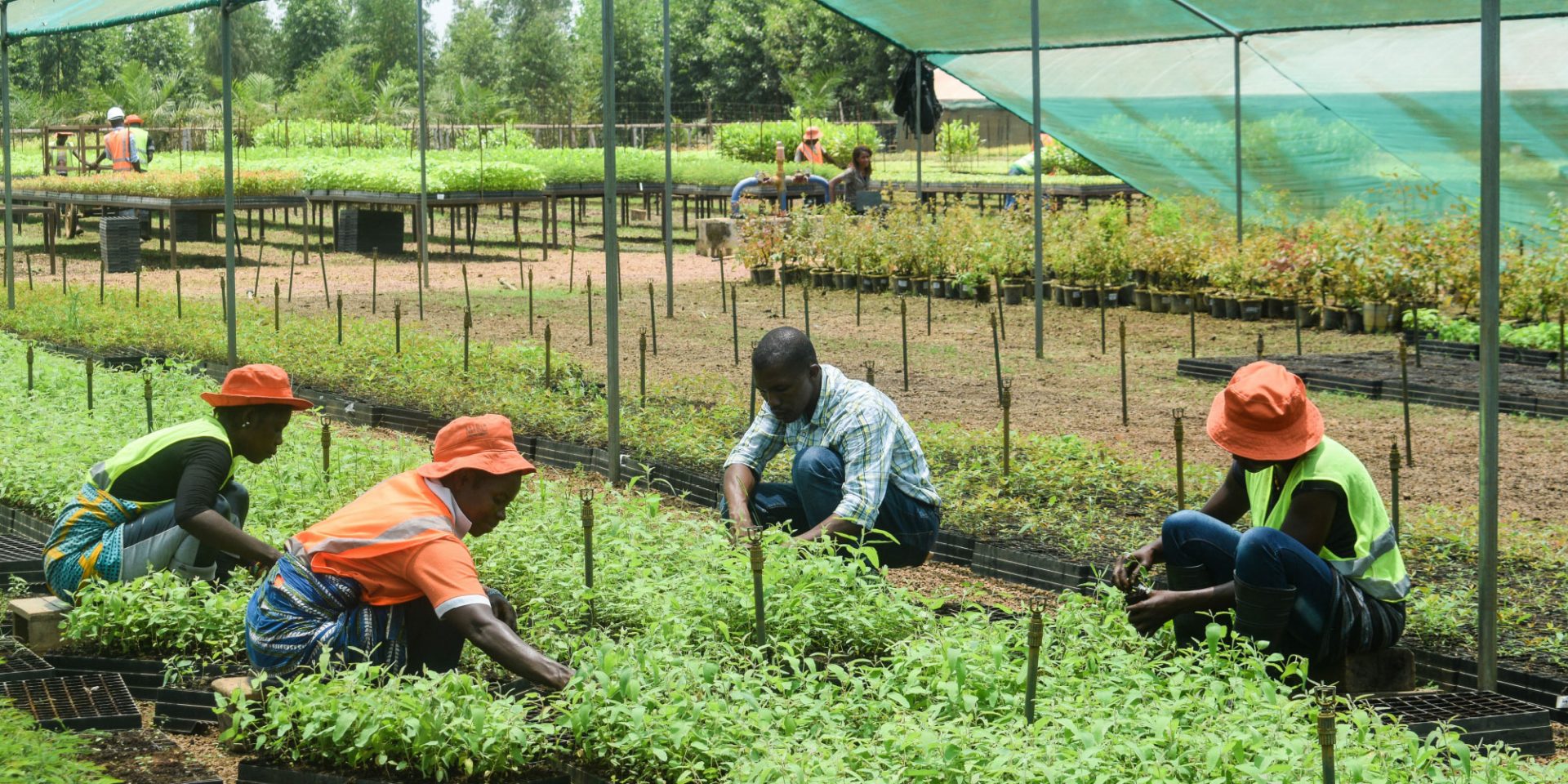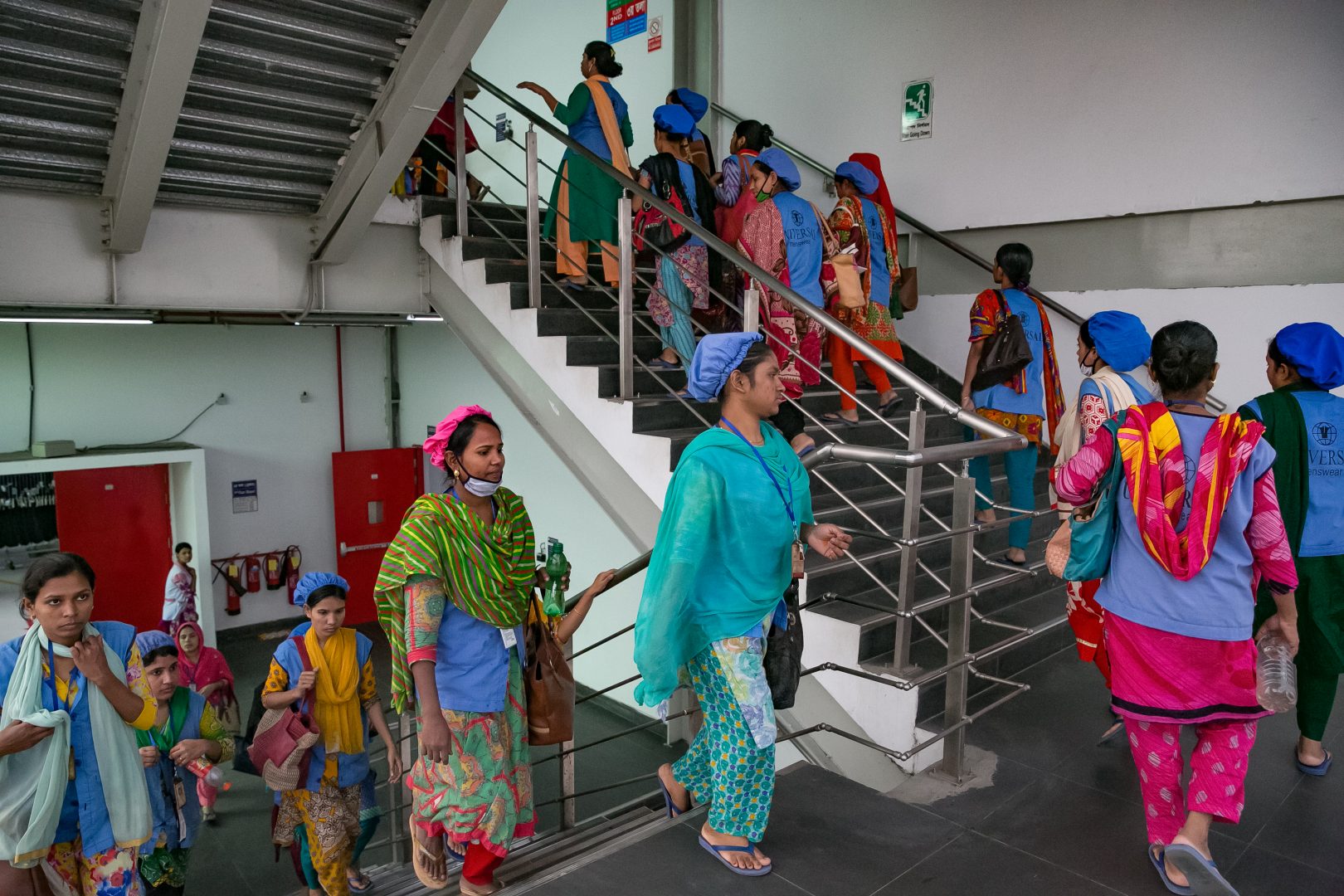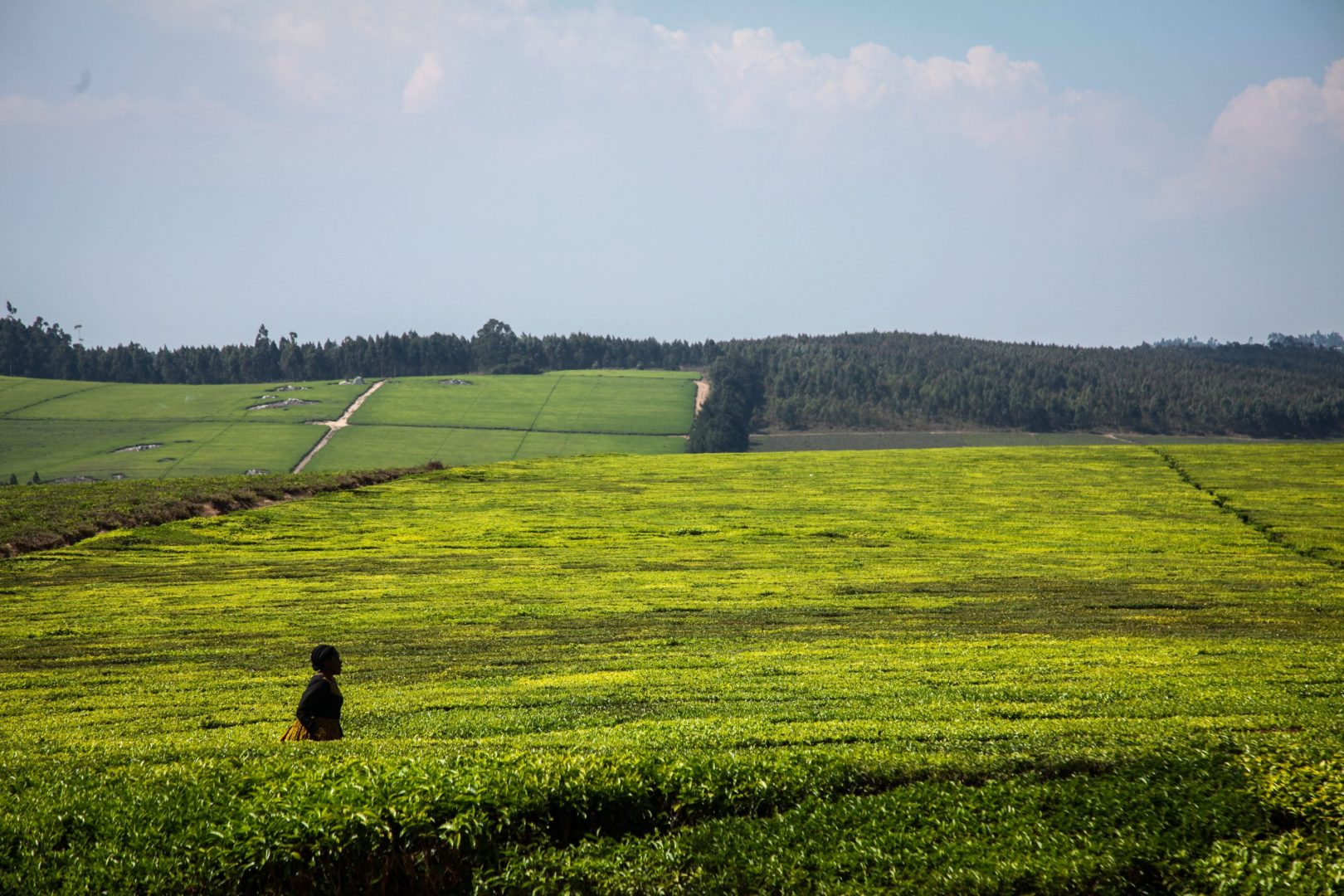A new US$15m investment which will boost the forestry industry and create jobs in West Africa was announced today by CDC, the UK’s development finance institution.
CDC is backing Miro Forestry, a sustainable timber business which operates in Sierra Leone and Ghana. The company, which began planting in late 2010, will use CDC’s investment to expand its operations beyond the current 1,700 hectares (equivalent to 2,300,000 trees) of eucalyptus and teak trees to a total of 8,700 hectares (approx. 11,300,000 trees) by 2017. Miro will sell the majority of the wood from its plantation forests into local and regional markets.
This is CDC’s first direct investment in a company operating in Sierra Leone and an indication of its confidence in the country’s businesses and their ability to recover from the economic effects of the Ebola crisis. CDC will invest alongside Finnfund, the Finnish development finance institution, which has a historical expertise in forestry investments.
Growing demand for timber in West Africa, as well as globally, has meant that the region currently experiences rising timber imports and prices. Despite being an area ideal for plantation forestry, poor supervision of forested regions and a lack of sustainably grown forests have led to significant illegal felling in both Sierra Leone and Ghana. Between 1990 and 2005, Ghana lost over a 25% of its total national forest due to over exploitation and illegal logging. At the current rate of deforestation, the country’s forests could completely disappear in less than 13 years.
Miro, which only plants trees on degraded and unused land, is working toward international FSC (Forest Stewardship Council) accreditation which will verify that its forests are responsibly managed.
Miro currently employs 350 people but expects this to increase to in excess of 500 in the coming two years. Most of these jobs are in impoverished rural areas where there is little or no alternative employment.
CDC has led the way as a pioneering investor in Sierra Leone, backing the country’s first private equity fund in late 2009. The Sierra Investment Fund, which is run by locally-based managers, Manocap, received early support from CDC which enabled it to make investments in some of the country’s key industries. More recently, in February this year CDC and Standard Chartered Bank announced a risk participation agreement that will support new working capital lending of up to US$50 million to businesses in Sierra Leone. At a time when working capital needs are increasing for businesses in the country the agreement means Standard Chartered is able to increase the number of loans it makes in Sierra Leone.
CDC is particularly supportive of Miro’s works with local communities. In Ghana, for example, it is involved in building a local vocational school in which skills such as masonry and carpentry are taught along with grounding in business. It also works to train local farmers in more sustainable methods of agriculture than those currently used.
Miro is also trialling a scheme where local farmers are invited to grow food crops between rows of plantation trees during their first year of growth. For more information on the company go to their website: www.miroforestry.com
